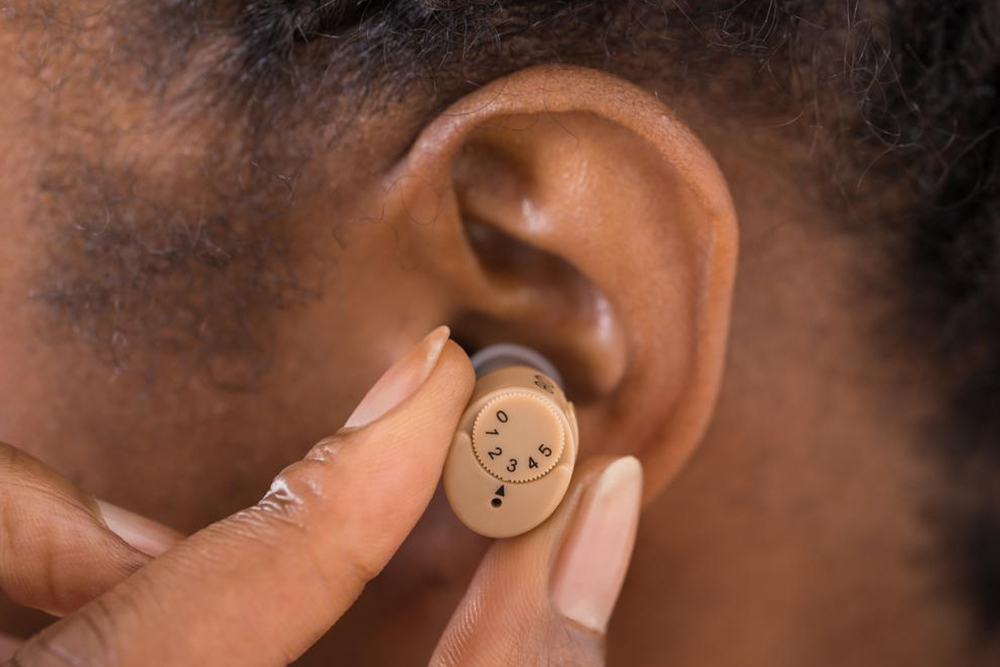The cost factors for Hearing Aids
Hearing aids can make life easy for those suffering from mild to severe hearing loss. But high hearing aid prices may be one factor that forces those with hearing impairment or loss to not use one. So, is there a solution to finding the right hearing device at the most perfect price for each user?
For this, you may want to know what justifies the high prices of hearing aids and if the cost is worth it.

Several factors can contribute to the overall hearing aid prices.
• Brand: The brand of your hearing aid can increase its price. Hearing aids from high-end companies offering only premium brands can cost more than companies that are not well known. Most often, it is the price of the brand than the device itself. This holds true for any retail product.
• Style: Costs can also vary for hearing aids depending on their style and size. Whether you select behind-the-ear (BTE), in-the-ear (ITE), in-the-canal (ITC) or completely-in-the-canal (CIC), you will find differences in the prices for each style and model.
• Features: The more advanced the technology of your hearing aid, the higher its cost. Nowadays, digital hearing aids come equipped with features like Bluetooth compatibility, data logging, directional microphones, upgraded memory settings and more. These features add to the hearing aid prices.
Buying Hearing Aids at Value Prices.
Your value price for hearing aid can differ from another person’s value buy. There are several ways to ensure that you find a hearing aid suited to your needs and budget.
• Check with your insurance provider if the cost of your hearing device is covered in your plan. Not all insurance plans provide such a cover. Some insurance providers do not provide any benefits to cover costs of hearing aids while others may cover a part of the charges.
• Consult with a skilled and licensed audiologist to help you determine the hearing aid features and style best suited for your needs. Do you need all the advanced features available for digital hearing devices? Determine your needs for a hearing aid and then accordingly select features for the same. Some factors can be your home or workplace situation, whether you are a student or a working professional, the level of your hearing loss etc. By eliminating features you don’t need, you can bring down the cost of your hearing device. It is important to remember that style or small size of your hearing aid doesn’t necessarily mean better performance. You can select a basic device for less that serves its main function, which is to aid your hearing.
• Where you buy can also increase or reduce your hearing aid prices. Some big box retailers offer even premium hearing aids at reasonable costs. Your retailer or audiologist can increase hearing aid prices to include costs of consultations, hearing tests, fittings, cleaning, warranty and follow-up appointments. So, research well before making your purchase of hearing aids.